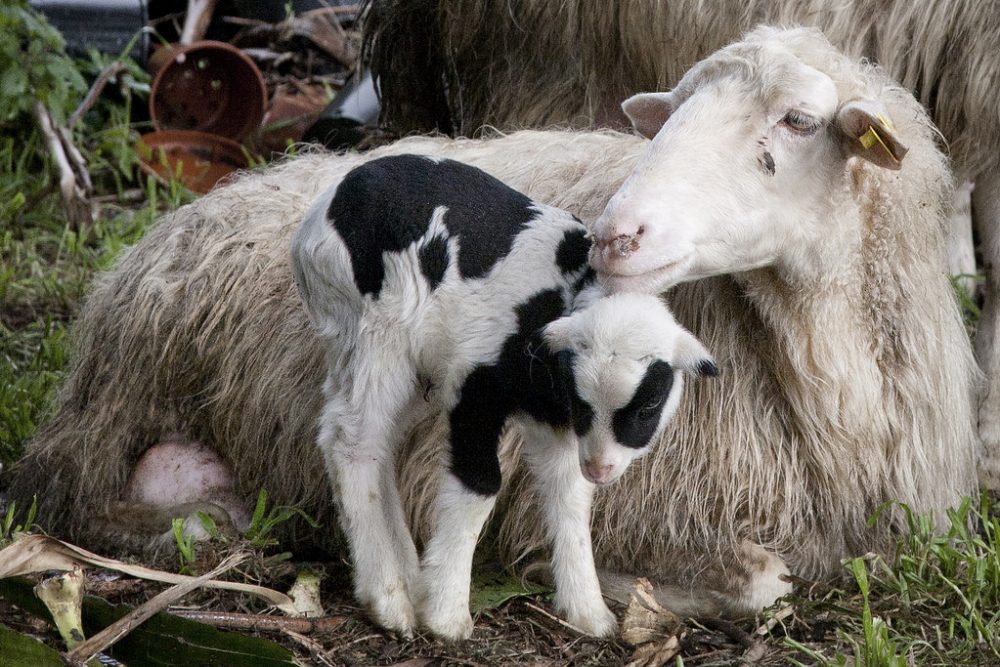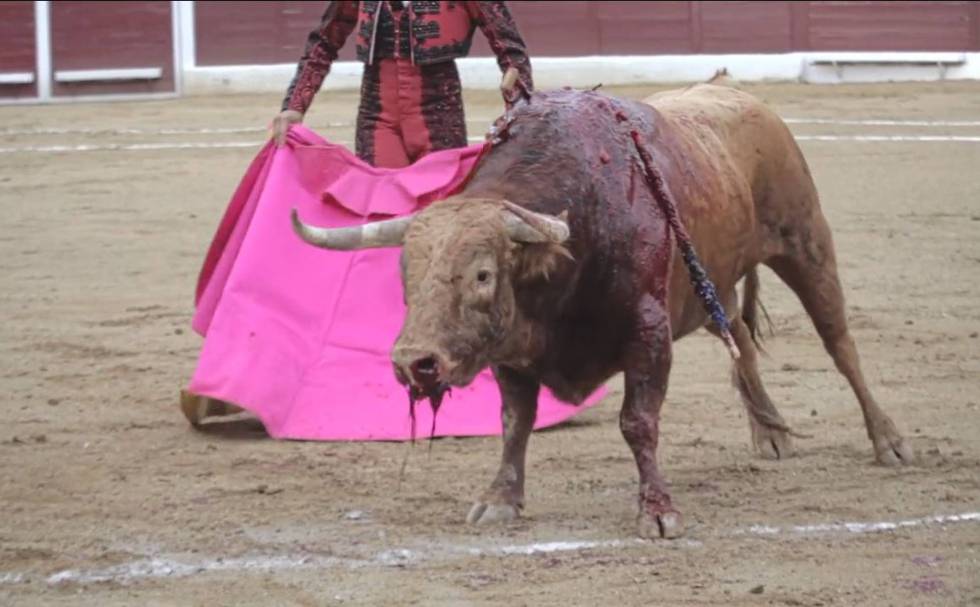

For example, Quebec passed legislation in 2015 according to which animals are no longer “movable assets” under the new law but “sentient beings with biological needs” – needs that may no longer be “compromised.”īut what precisely is animal sentience? How do we study it? How does it differ from species to species? What are the biological needs of each species? How do we determine whether and how individual animals might be compromised? Since then, an increasing number of countries have adopted animal sentience legislation.
Spain animal sentience full#
“…the Union and Member States shall, since animals are sentient beings, pay full regard to the welfare requirements of animals…” (from Article 13 of the Treaty of Lisbon governing the political structure and functioning of the EU). But the campaign took another seventeen years to achieve its aims when, in 2008, the Treaty of Lisbon included the following wording: This citizen’s petition was the first EU petition submitted to reach a million signatures. Within three years, CIWF and its allies in Europe had collected over one million signatures from citizens living in the fifteen countries that were then EU members to urge legal recognition for the sentience of animals. They consequently launched the first campaign to persuade a political entity, the European Union (EU), to recognize that animals are sentient beings. In the late 1980s, an animal protection group in the UK, Compassion in World Farming (CIWF), certainly believed that it was essential to emphasize animals’ feelings and needs and that such requirements should be enshrined in public policy. Could this increased concern for animals’ behavior, cognition, and sentience have driven the significant public policy changes leading to greater consideration for animal welfare since 1975? In the late 20th century, the second wave was possibly influenced by the rapidly increasing direct access to animals’ lives and behaviors provided via television and, more recently, by social media. The findings of Charles Darwin and his colleagues that led to a growing understanding that the differences between animals and humans were a matter of degree and not of kind may have inspired the first wave of public concern at the end of the 19 th century. Animal feeling or sentience appears to have been particularly important in driving public policy changes. One of the features of society during both these periods (late nineteenth century and late twentieth/early twenty-first century) was an interest in what animals think and feel.

There had been a similar increase in public concern for animals in Europe and North America in the late nineteenth century. It is not yet clear what has driven this concern.

“Formally recognising in law that animals are sentient and experience feelings in the same way humans do is just the first step in our flagship Action Plan for Animal Welfare which will further transform the lives of animals in this country and strengthen our position as global leader.Over the past fifty years, public concern for animals (and “animal sentience”) has prompted significant changes in public policy in many countries worldwide.
Spain animal sentience free#
The Bill underpins the Government’s Action Plan for Animal Welfare, which launched last year and sets out the government’s plans to improve standards and eradicate cruel practices for animals both domestically and internationally.Īnimal Welfare minister Lord Goldsmith spoke of the Bill: “The UK has always led the way on animal welfare and now that we’ve left the EU we are free to drive for the highest standards of animal welfare anywhere in the world. The legislation will ensure the government considers how all its policies affect the welfare of sentient animals.


 0 kommentar(er)
0 kommentar(er)
